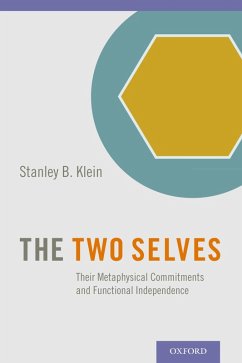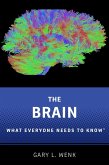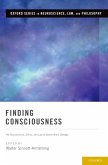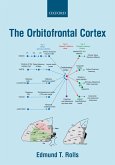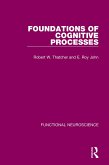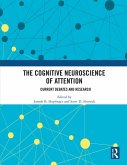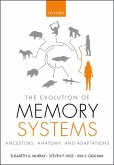The Two Selves takes the position that the self is not a "thing" easily reduced to an object of scientific analysis. Rather, the self consists in a multiplicity of aspects, some of which have a neuro-cognitive basis (and thus are amenable to scientific inquiry) while other aspects are best construed as first-person subjectivity, lacking material instantiation. As a consequence of its potential immateriality, the subjective aspect of self cannot be taken as an object and therefore is not easily amenable to treatment by current scientific methods. Klein argues that to fully appreciate the self, its two aspects must be acknowledged, since it is only in virtue of their interaction that the self of everyday experience becomes a phenomenological reality. However, given their different metaphysical commitments (i.e., material and immaterial aspects of reality), a number of issues must be addressed. These include, but are not limited to, the possibility of interaction between metaphysically distinct aspects of reality, questions of causal closure under the physical, and the principle of energy conservation. After addressing these concerns, Klein presents evidence based on self-reports from case studies of individuals who suffer from a chronic or temporary loss of their sense of personal ownership of their mental states. Drawing on this evidence, he argues that personal ownership may be the factor that closes the metaphysical gap between the material and immaterial selves, linking these two disparate aspects of reality, thereby enabling us to experience a unified sense of self despite its underlying multiplicity.
Dieser Download kann aus rechtlichen Gründen nur mit Rechnungsadresse in A, B, BG, CY, CZ, D, DK, EW, E, FIN, F, GR, HR, H, IRL, I, LT, L, LR, M, NL, PL, P, R, S, SLO, SK ausgeliefert werden.

